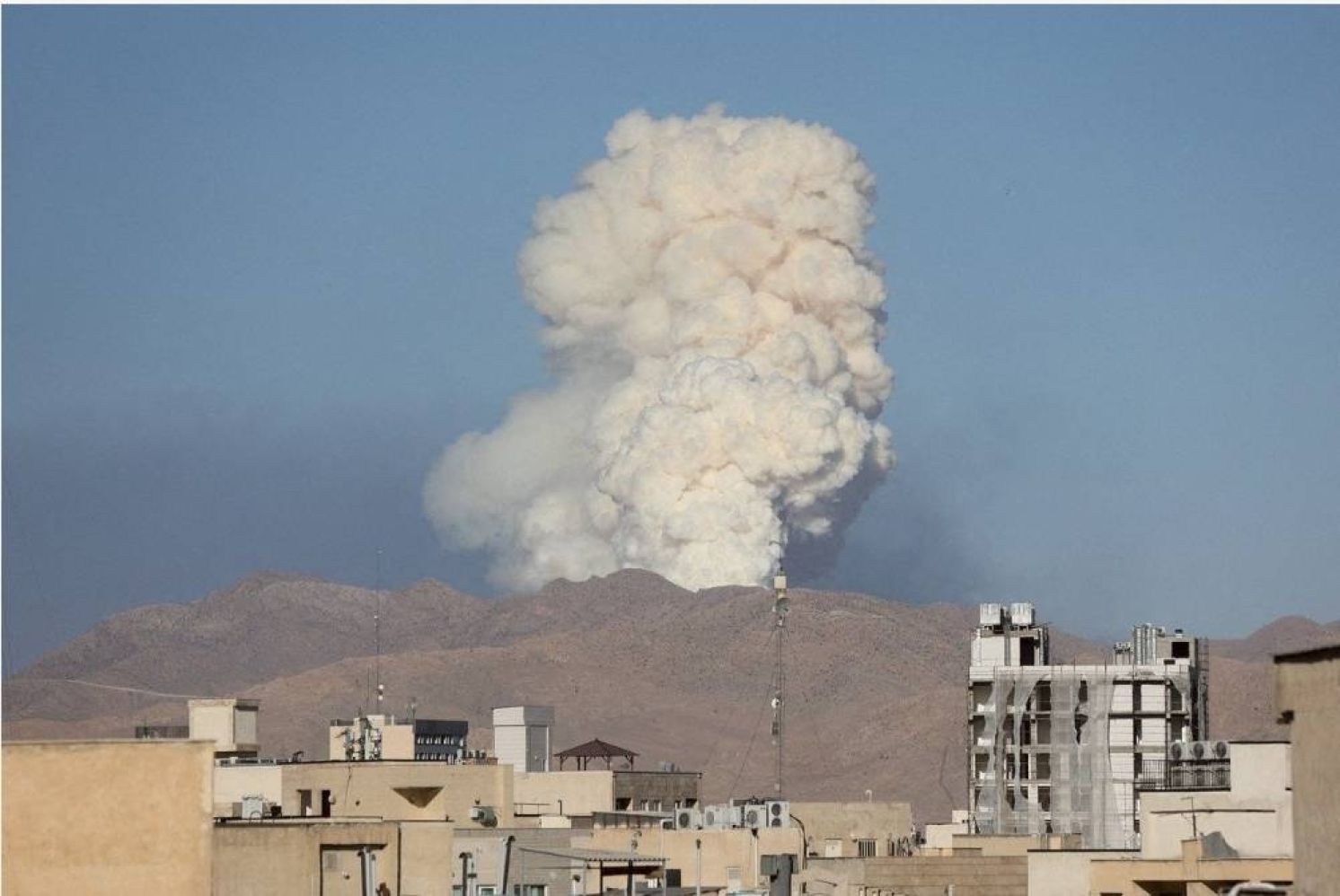
After the U.S. Strikes Iran, Taiwan Should Be Even More Vigilant About Avoiding War
China Times Editorial, June 23, 2025
The recent order by President Donald Trump of the United States to bomb Iran's nuclear facilities marks a historic departure from a long-standing red line—the U.S. had refrained from attacking Iranian territory since 1979. The operation sends a clear message: Washington is willing to use force decisively when necessary. Yet to interpret this as a pivot from isolationism to an interventionist foreign policy—and as a security boon for Taiwan—may be dangerously simplistic.
Dubbed the "Midnight Hammer Operation," the strike involved 125 aircraft, including seven B-2 bombers, and deployed massive bunker-busting munitions to obliterate several Iranian nuclear sites. While the attack severely damaged Iran's nuclear infrastructure and altered the strategic calculus in the Middle East, it remains uncertain whether the move will meaningfully deter Beijing or Moscow.
Despite the scale of the operation, Mr. Trump remains committed to his "America First" doctrine, under which the United States retreats from its role as the world's policeman and adopts a more realist foreign policy approach. Even with the close ties between Washington and Tel Aviv—and Israel's own air campaign against Iran, "Operation Lion's Rise," launched on June 13—Mr. Trump initially favored diplomacy. His eventual resort to force appears to have been driven more by timing and political calculus than by any fundamental policy shift.
U.S. Secretary of Defense Pete Hegseth has emphasized that the American objective was narrowly focused: dismantling Iran's nuclear capabilities, not regime change or boots-on-the-ground warfare. This reinforces the notion that Washington continues to favor limited military engagements over large-scale wars of intervention.
In Taiwan and some American media circles, the Iran strike has been framed as a veiled warning to Beijing—a signal aimed at curbing military aggression in the Taiwan Strait or South China Sea. However, this interpretation fails to account for Mr. Trump's country-specific approach to foreign policy. His response to the Russia-Ukraine conflict has been tepid at best, and he has made no explicit security commitments to Taiwan. White House Press Secretary Karoline Leavitt even reaffirmed Mr. Trump's close ties with Chinese President Xi Jinping and noted that Taiwan policy would remain subordinate to broader U.S.-China relations.
Furthermore, the current U.S.-China dynamic—one of near-parity in economic and diplomatic influence—bears little resemblance to the power imbalance between Washington and Tehran. The American strike on Iran is not a pressure tactic against China, nor is Washington likely to risk a major war over the Taiwan Strait.
A more immediate concern is how the operation has affected U.S. force posture. The USS Nimitz carrier strike group, previously stationed in the South China Sea, has been redeployed to support Middle Eastern operations. This underscores a hard truth: the U.S. military is stretched thin, balancing obligations in Europe, the Middle East, and the Indo-Pacific. For Taiwan, this redistribution introduces yet another layer of strategic uncertainty.
The unfolding conflict between Israel and Iran has also showcased the evolving face of warfare, characterized by drones, missiles, and long-range precision strikes. Taiwan must ask whether it possesses sufficient air-defense capabilities and rapid-response mechanisms to meet such threats. Relying solely on American support, without preparing for independent contingencies, would be a grave misjudgment of the island's security environment.
The true path to avoiding war lies not in wishful thinking about American intervention, but in pragmatic efforts to resume dialogue with Beijing. Restoring communication channels and building a long-term, stable risk management framework is essential for preventing crisis escalation and ensuring regional peace.
From: https://www.chinatimes.com/opinion/20250623003305-262101